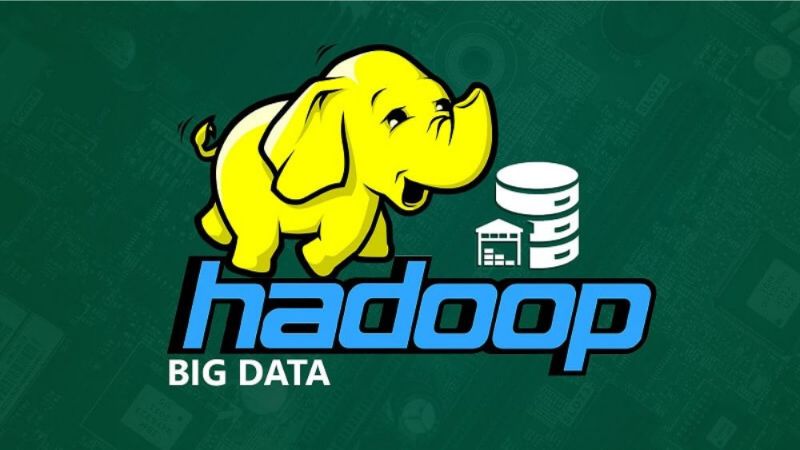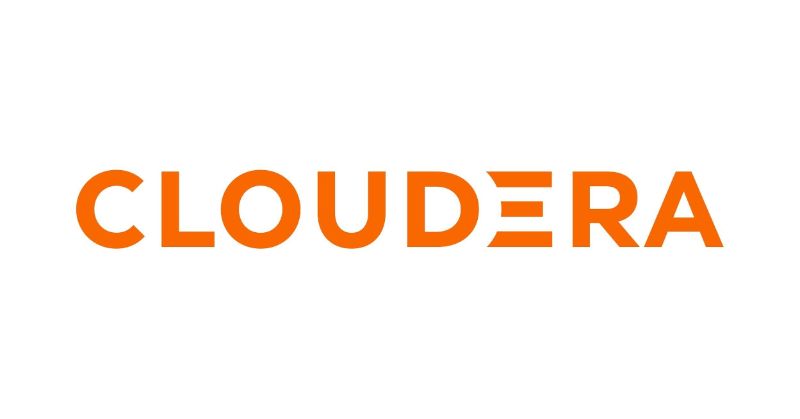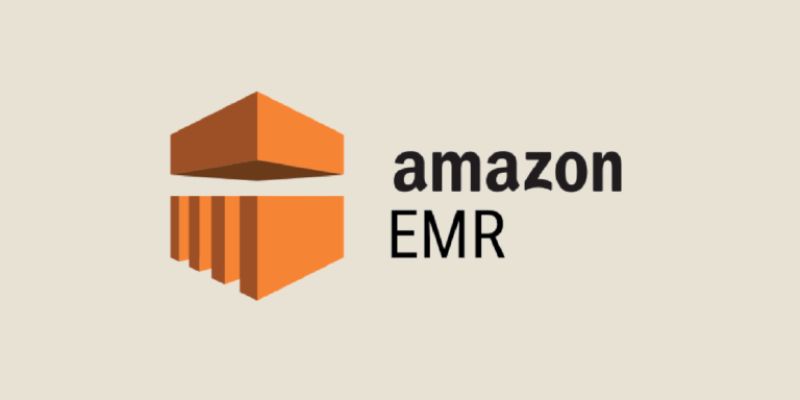Businesses are working with an endless sea of information and to extract valuable insights from this data, they will need to employ the best big data platforms. These platforms have become essential tools for companies since they can handle various tasks, allowing them to fully unlock the potential of these large databases. In this article, look into what they are and the best options currently available.
What are big data platforms?
Big data platforms are the powerhouses behind many operations in our data-driven world. In a world where vast amounts of information are generated every second, businesses are clamoring for an technological ecosystem that can transform raw data into actionable insights.
At their core, big data platforms include a set of tools and infrastructure needed to collect, store, process, and analyze data sets so large and complex that traditional data processing software simply cannot handle.

Definition of big data platforms
What do big data analysis platforms do?
Picture a digital Swiss Army knife for data: that sums up the features that big data platforms can offer. They come equipped with a suite of capabilities, from distributed storage and processing to advanced analytics and machine learning integration.
Since it is tailor made for large datasets, big data platforms are capable of dealing with structured data from databases, unstructured data from social media, or the constant stream of information from Internet of Things devices.
In terms of features, big data platforms provide the following:
- Data ingestion: Businesses can collect and import data from various sources, including databases, APIs, streaming services, and file systems, which will be tremendous for them to get a glimpse at a bigger picture for analysis.
- Scalable storage and processing: Big data platforms allow distributed storage and processing systems that can handle data across multiple servers or cloud systems, enabling businesses to expand the scale based on their needs effortlessly.
- Real-time analysis capabilities: Big data platforms now support stream processing, paving the way for real-time analysis, a perfect addition to gather immediate insights with rapid response times.
- Data visualization: For you to identify patterns and trends easily, visualization functions are of the utmost importance. They can help users create interactive dashboards and reports to easily interpret results, saving some much-needed time to gauge insights from data.
- Machine learning integration: These platforms also enable machine learning libraries and tools, which can lay the foundation for predictive analytics and automated pattern recognition.
- Data governance and security: Cybersecurity is also key in working with data, which includes tasks like data encryption and compliance management. These crucial elements will be enhanced with the use of suitable big data platforms.

These platforms have some major functions that can assist businesses
Most popular big data processing frameworks available
Here are the primary big data analytics platforms for you to choose from:
Apache Hadoop
Apache Hadoop reigns as one of the most popular big data platforms currently available for all the right reasons. Thanks to its open-source framework, the platform offers a powerful and flexible tool for managing and analyzing massive datasets.
A major feature of this platform is the HDFS, Hadoop Distributed File System, which is dedicated to distributed storage across servers, and Hadoop YARN, the highly capable resource management framework. Major social media companies like Facebook leverage Apache Hadoop to power their big data initiatives, making it a trusted choice for organizations of all sizes.

Apache Hadoop is the foundation of many other platforms
Apache Spark
It’s important to clarify that Apache Spark itself isn’t a complete big data platform, but rather a powerful open-source framework used within many big data platforms. While not a standalone platform, Spark deserves mention due to its widespread adoption. Spark excels at processing large datasets in memory, significantly speeding up tasks compared to traditional Hadoop environments.
Its key features include in-memory processing for faster computations, real-time data processing capabilities, and support for a wide range of data formats. Spark integrates seamlessly with other big data platforms like Hadoop and Mesos, making it a flexible and versatile solution. Major companies like Alibaba, Baidu, and Uber leverage Apache Spark within their big data platforms to enable real-time analytics, machine learning workloads, and faster data processing for critical business operations.
Since Apache Spark is very prominent in the development of many other big data platforms, it is essential to know more about this all-encompassing engine. It caters to many programming languages, from Python and Java to Scala and R. On top of that, the processing speed is fast and perfect for different types of developers.
Due to its ability to fit into many systems around the world, Apache Spark is trusted by many reputable companies, including names like Airbnb, Netflix, and Uber.
Databricks
Databricks is utilized by businesses all around the world thanks to its advantage surrounding speed and ease of use. With a foundation based on Apache Spark, a high-performance framework, Databricks brings you a user-friendly interface for data exploration as well as visualization and interactive workspaces for data science teams for ease of use.
This platform also eliminates the need for infrastructure setup and maintenance by leaning all the way into automation. This advanced function is a major perk for Nvidia, Johnson & Johnson, and Salesforce, notable users of Databricks.

Databricks is also a very good platform for your workflow
The biggest commercial big data platforms to choose from
Google Cloud BigQuery
Managed by one of the major tech companies in the world, Google Cloud BigQuery stands out as a viable user-friendly option. This platform does not require considerable infrastructure setup since it provides a robust, automatically scalable, and serverless system for businesses, enabling a smooth and efficient data pipeline.
On top of that, its web-based UI and standard SQL interface fits in perfect with many other apps in the Google ecosystem like Cloud Storage and Data Studio. All of those have contributed to its current position on the market, being trusted by the likes of Spotify, Walmart, and The New York Times for their data analytics needs.
Cloudera
Looking into the world of big data platforms, Cloudera stands out thanks to its functions. Built on the open-source foundation of Apache Hadoop, it brings you a comprehensive suite of tools for data management, analytics, and governance.
Cloudera boasts quite a few features like a robust security framework, advanced data governance tools, and pre-configured workflows for common big data tasks. Alongside the focus on security, Cloudera has become a popular choice due to the advanced analytics functions and ability to perform in various environments.
For that reason, Comcast, Nissan Motor, and Dell have leveraged Cloudera to manage their sensitive data and extract valuable insights for better decision-making processes.

The functions of Cloudera can enhance the operation of many companies
IBM InfoSphere BigInsights
Joining the ranks of leading big data platforms is IBM InfoSphere BigInsights. Another platform based on the open-source foundation of Apache Hadoop, BigInsights comes with a layer of enterprise-grade features.
Employing a user-friendly interface that simplifies data management and analysis, BigInsights is a viable option even for those without extensive coding experience. Additionally, for businesses already operating with IBM products, BigInsights will fit in perfectly, saving some much-needed time for companies and enabling them to create a holistic data ecosystem. Lenovo, DBS Bank, and General Motors are some of the names that have been utilizing this platform
Amazon EMR
Amazon EMR (Elastic MapReduce) stands out as a powerful and cost-effective cloud-based solution. As part of the Amazon Web Services (AWS) ecosystem, it allows businesses to integrate this platform with other AWS products like Amazon S3 and Amazon RedShift.
EMR includes numerous features and caters to multiple applications thanks to the flexibility of frameworks like Apache Hadoop and Apache Spark. Expedia, Lyft, and Pfizer are stand out users of this platform.

Amazon EMR is part of the Amazon data ecosystem
Microsoft Azure HDInsight
One of the many products belonging under the Azure umbrella, Microsoft Azure HDInsight offers a robust and user-friendly environment for processing and analyzing large datasets. And since Azure products have won over many companies around the world, it may be a good idea to incorporate HDInsight into your system to fill in a comprehensive ecosystem.
In terms of reliability, Azure HDInsight employs many measures to ensure data security while catering to a large collection of programming languages like Java, R, or Python. The flexibility and security have put HDInsight into the data systems of global corporations like Starbucks, T-Mobile, and Boeing.
Learn more about big data platforms with the help of BytePilot
If you are a business aiming to harness the power of big data analytics platforms, BytePilot can be of help with our considerable experience and knowledge in the field. On top of that, our services cover all aspects of big data processing and business intelligence, assisting businesses in gauging actionable insights from vast amounts of data. For all your data analytics needs, do not hesitate to contact us and learn more about our services.
Big data platforms have evolved from a luxury to a necessity as the new, more data-driven era of business becomes more and more prominent. These powerful solutions automate the processing, analysis, and visualization stages of working with data, enabling businesses to facilitate their overall operation and enhancing the effectiveness of their decision-making processes.